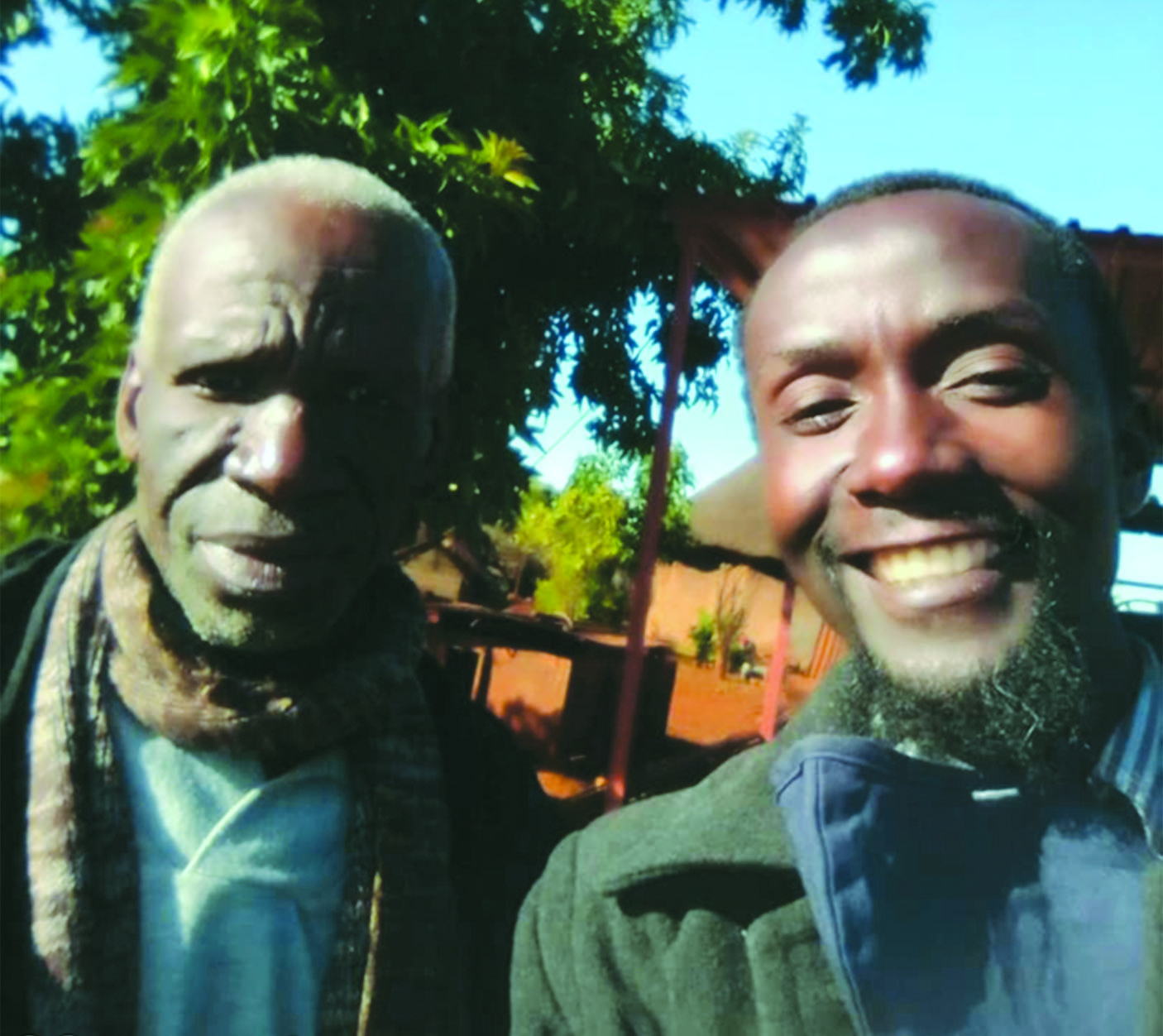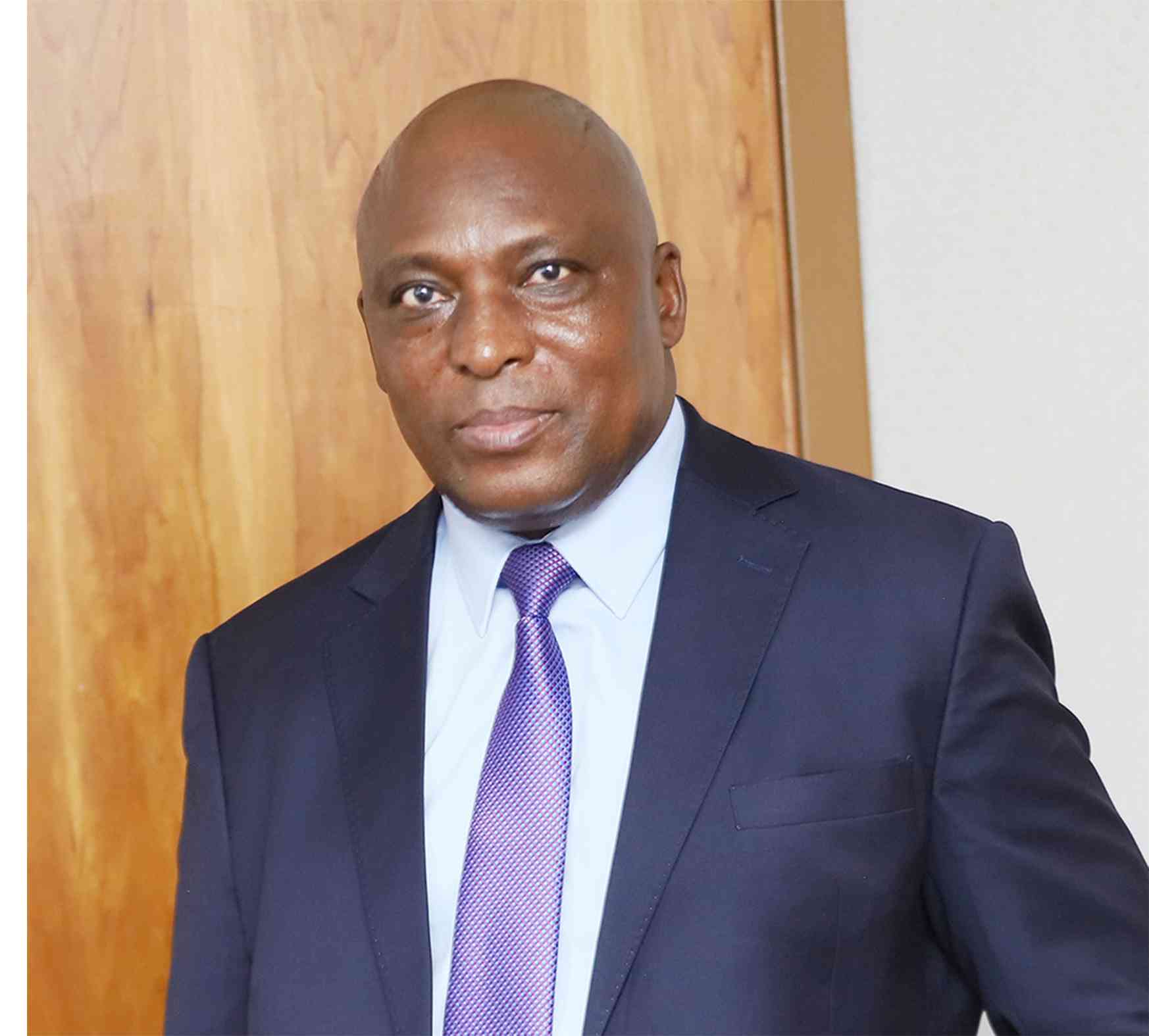
Taruvinga Magwiroto Understated and self-effacing, grey and a little grizzled, he walks with a slight limp and the help of a cane. If you meet Godfrey Nkunzani in the street, you would be forgiven for mistaking him for just another pensioner.
He is anything but.
Take a second look and you see in his penetrating grey eyes the vitality that belies the physical frailty. Talk to him and he infects you with his warmth, honesty and humility.
Of course, appearances can fool. Nkunzani is aged 63, a veteran of the war of liberation and a man with such a compelling farming story that on June 9, 2022, stakeholders in Zimbabwe’s agricultural innovation system descended on his humble abode, keen to look and learn from a man who is building a fledgling farming future from the ground up.
Nkunzani was allotted a 30,5-hectare sub-division of Komani Estates in 2008. While he didn’t lack inspiration and ambition, his prospects looked quite bleak. Here was an ex-soldier surviving on a pension that was taking a hit from hyperinflation, trying his hand on a vocation in which he knew little.
But he had other things working for him: accounting and logistics training as well as determination and discipline drilled from years serving in the army. These would all come in handy in his new vocation.
Like everyone striking out on pastures new, he struggled in the early years. He tried his hands on sugar beans, realising average income. He decided to sell his pick-up truck in 2011 and bought his first three cattle. In 2012, he bought an additional six cattle and drilled a borehole on his plot.
“I was clearly making progress, but my real breakthrough came in 2016 when I entered into a Joint Venture (JV) with Alan York, a collaboration that has yielded rich rewards for me.”
- Chamisa under fire over US$120K donation
- Mavhunga puts DeMbare into Chibuku quarterfinals
- Pension funds bet on Cabora Bassa oilfields
- Councils defy govt fire tender directive
Keep Reading
Unlike many landlords who are content to just collect their earnings from a joint venture, Nkunzani looked upon his collaboration with York as an apprenticeship. From the onset, the landlord was determined to learn all he could about farming from his tenant, a white former commercial farmer.
He stuck to York like a shadow, absorbing everything, observing routines, practices and ethos. He improved his agricultural know-how immensely, at the same time taking full advantage of the farm machinery accessed through the JV.
For three consecutive years, Nkunzani ploughed back his earnings into the JV, buying up cumulatively bigger stakes each year until he graduated from the arrangement and struck out on his own.
And he has been doing alright on his own. He has accumulated capital equipment over the years. Last year, he bought a second-hand tractor from South Africa, and a new planter from a local dealer. He has built a small earth dam that, together with solar-powered boreholes, have given him irrigation capability and year-round farming flexibility.
In fact, he has been doing so alright that York admitted in his brief talk during the field day that the “student has been consistently bettering the master for the last couple seasons”.
But, make no mistake: there was no rancour in York’s voice. If anything, like all good teachers, there was only pride there. From my observation there exists between the two men an extraordinary rapport and chemistry, clearly obvious in the way that York contributed to organising the field day.
And in the way that he talks about Nkunzani.
“Godfrey is a remarkable man. I wish we had more like him with honest ambition and a willingness to work and stay on the land 24-7,” York said.
I look at him squarely in the eyes and ask, “But you are working yourself out of a job, aren’t you Alan? If all your landlords are as successful as Godfrey Nkunzani, and wean themselves off you over time, where will that leave you?”
“Landless,” he replies, deadpan. Then grins. After a silence he goes on more reflectively, “It all works out for the best, eventually. You play the hand you are dealt.”
But a small sigh hints of inner turmoil at his complex relationship with the land.
The field day itself was a huge success, but that is a story for another day. What has stuck in my mind was a moment when I was talking to Nkunzani and his eyes trailed off to some distant form in the west. I followed his eyes, and met with the object of his distraction.
A couple of kilometres from his plot, the majestic new parliament building flashes its light like a portent.
I look at him, and he looks right back. “What future, Mr Nkunzani?”
He shrugs philosophically: “I work with what is there”. But a small sigh hints of an inner turmoil at his complex relationship with the land.











